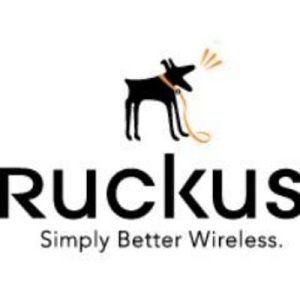Ruckus Cloudpath offers advanced features like robust authentication, multi-factor security, and seamless user experience. Its easy-to-use interface, automatic wizards, and powerful CA certification enhance network security. The platform allows dynamic user tracking, device policy enforcement, and integration with APIs and main systems. Long-range performance, smooth service, WPA enterprise encryption, licensing per user, and role-specific workflows increase flexibility for managing employees, guests, and students separately. Enhanced guest access improves security and control.
- "The best features of Ruckus Cloudpath include the deep integration with the education system, the Eduroam, and the ease of creating workflows to manage each authentication process separately, allowing me to create a separate workflow for employees, guests, and students while being flexible in adjusting the policy."
- "The Ruckus Cloudpath product performs well, especially with its single plane of authentication capabilities."
- "The MMS portion is the best feature in Ruckus Cloudpath, as they can monitor the entire network intelligently with AI features that simplify the troubleshooting processes."
Ruckus Cloudpath lacks mobile device management and needs better third-party integration. Improved dashboard details and enhanced multi-vendor environment support are necessary. Users find the setup and deployment complex, and there is a demand for better scalability, automation, and logging capabilities. Availability of equipment is challenging and the pricing is high. The user interface, support, and company commitment require improvements. More qualified engineers are needed to support customers effectively.
- "The main disadvantage is the price, as it is primarily a cost issue."
- "Ruckus Cloudpath needs more API features and enhanced automation capabilities."
- "There is room for improvement in deployment. I would like to see more effort put into troubleshooting."



